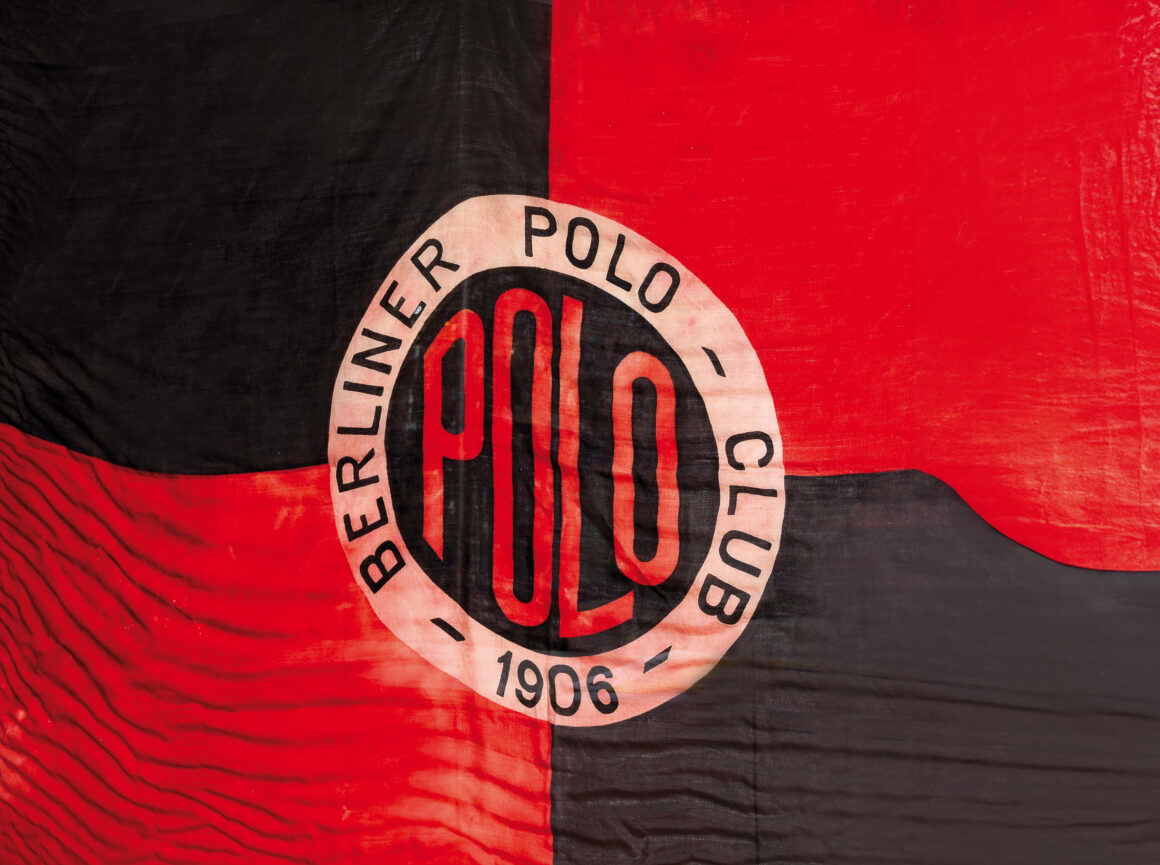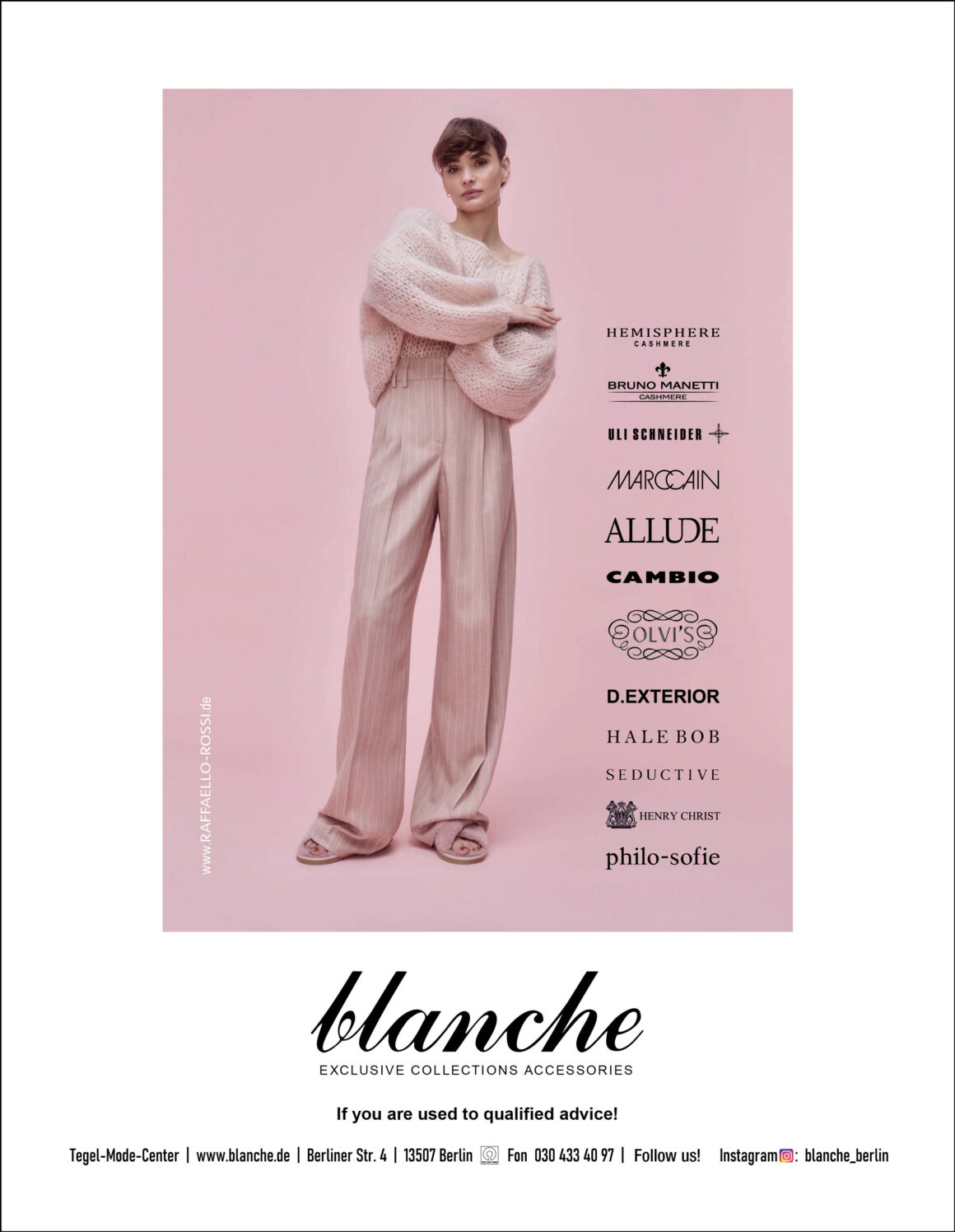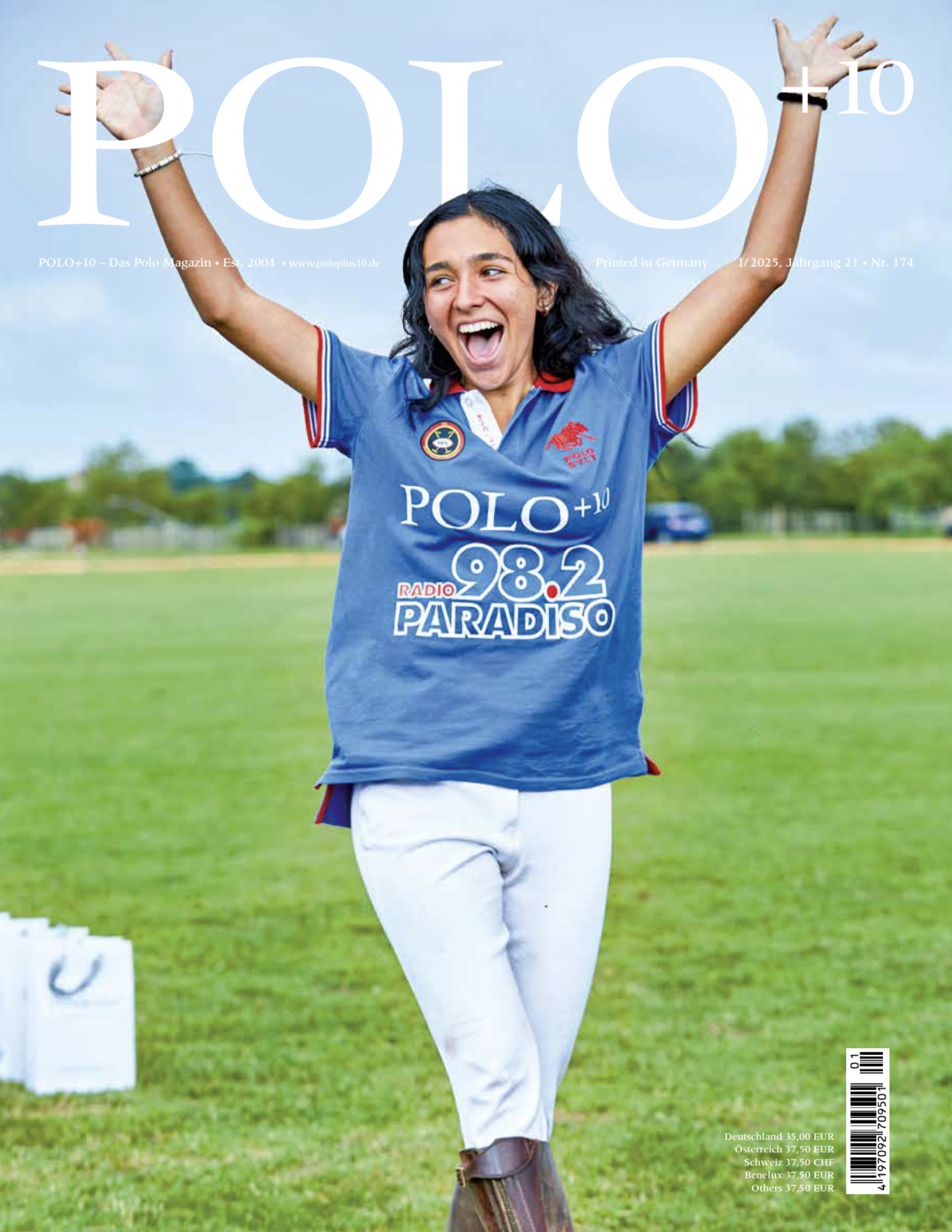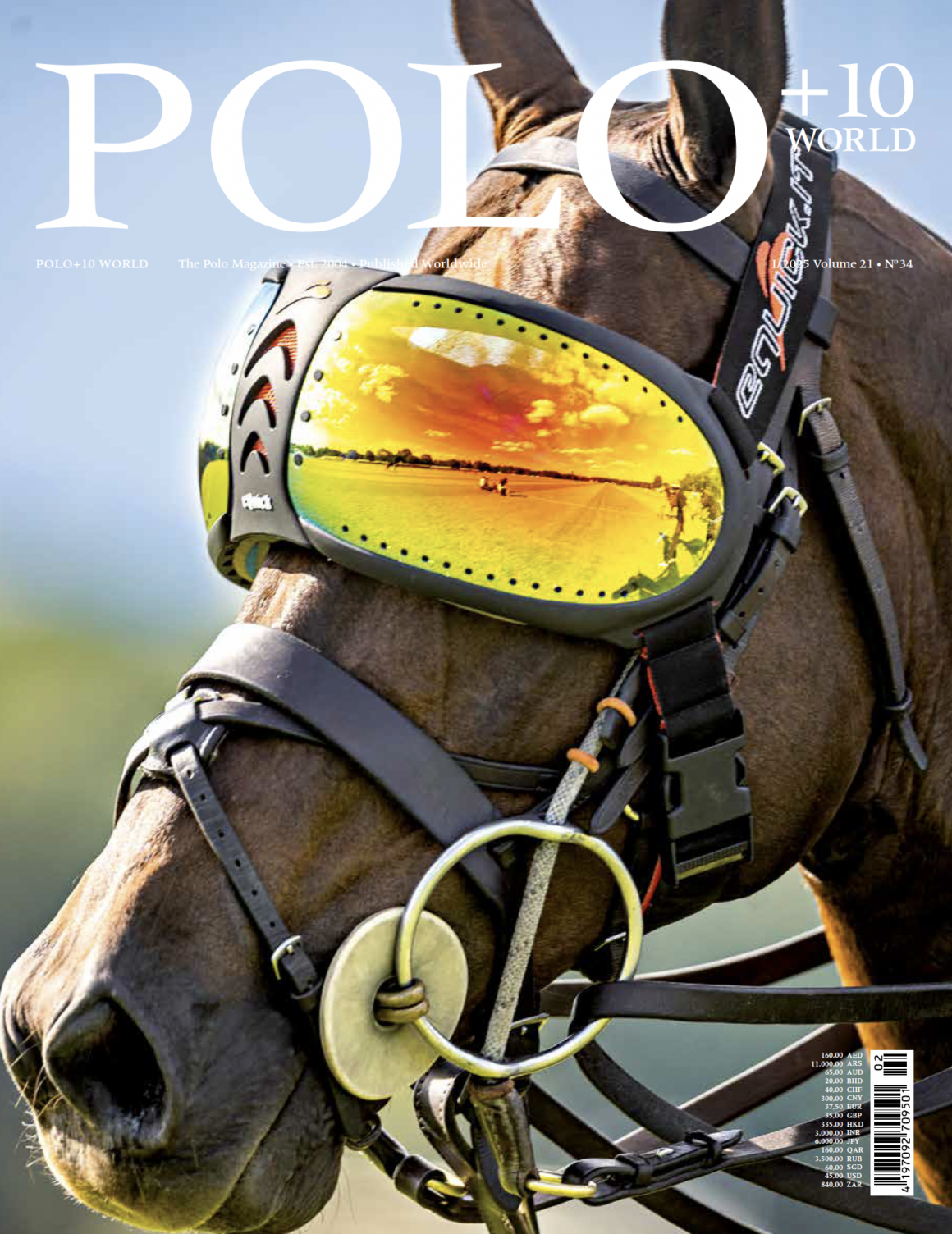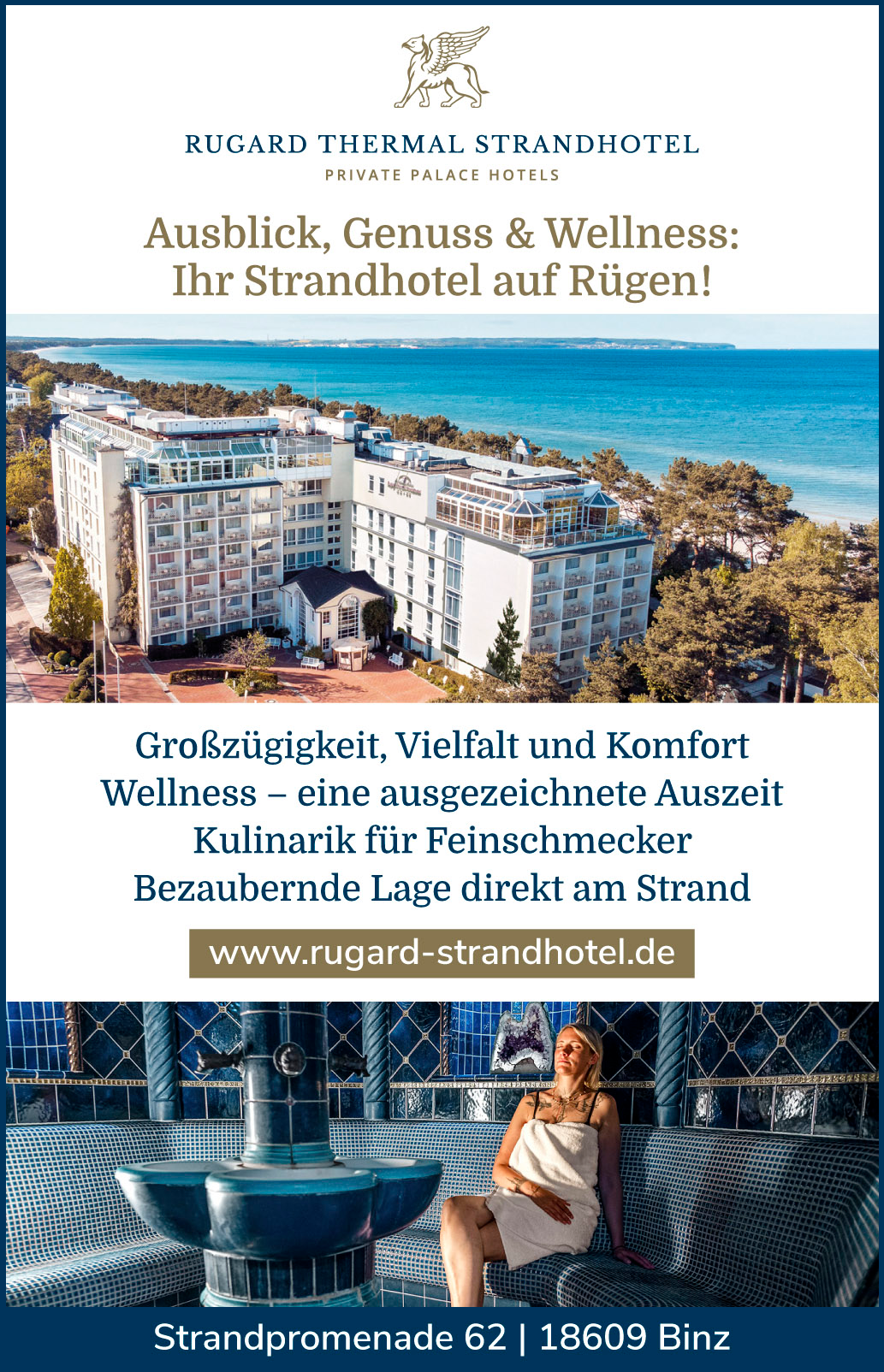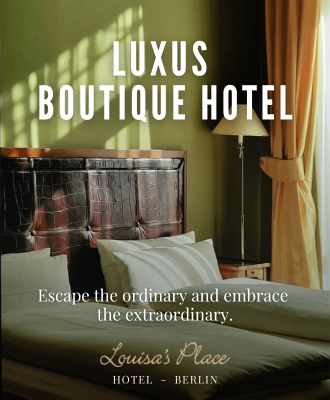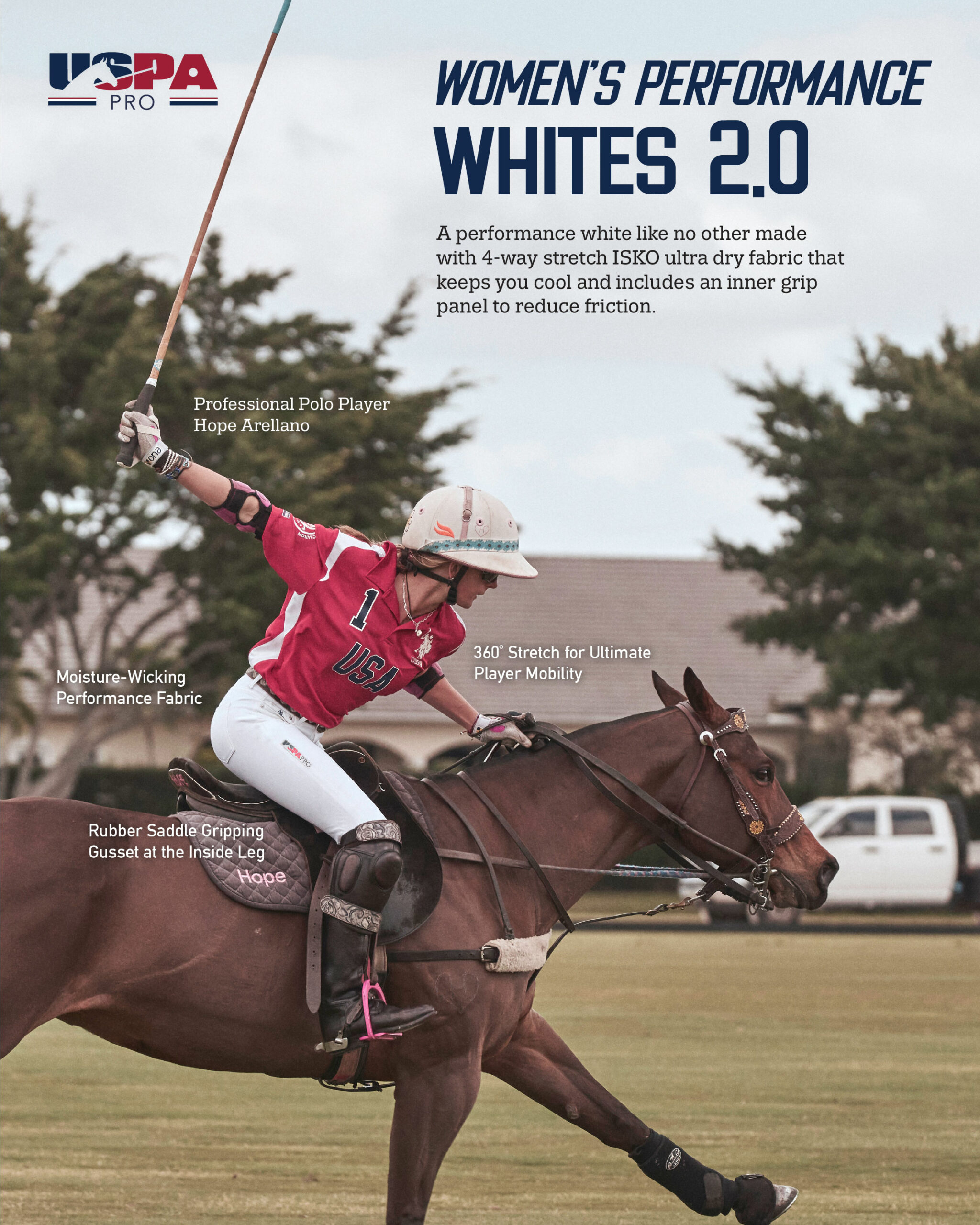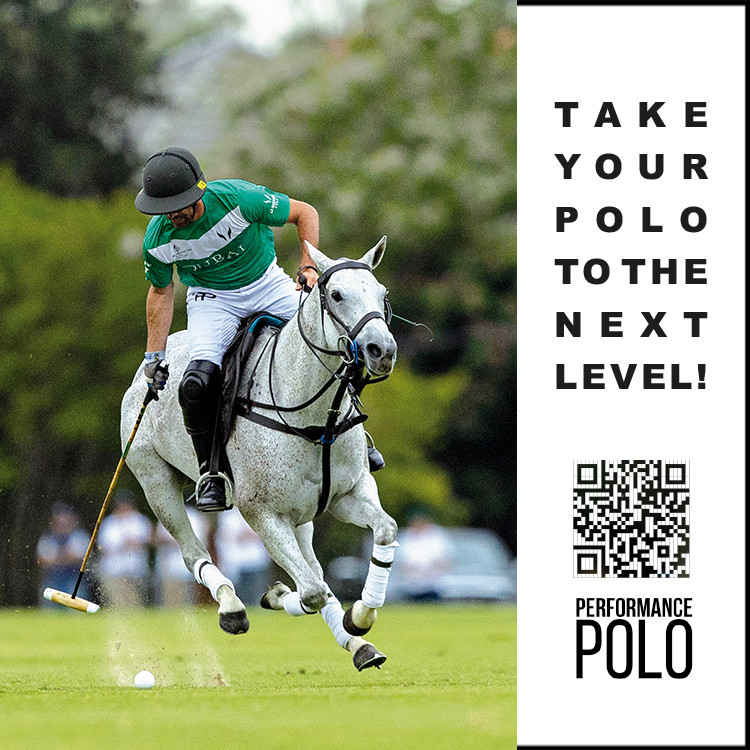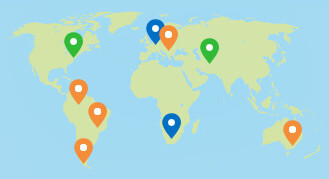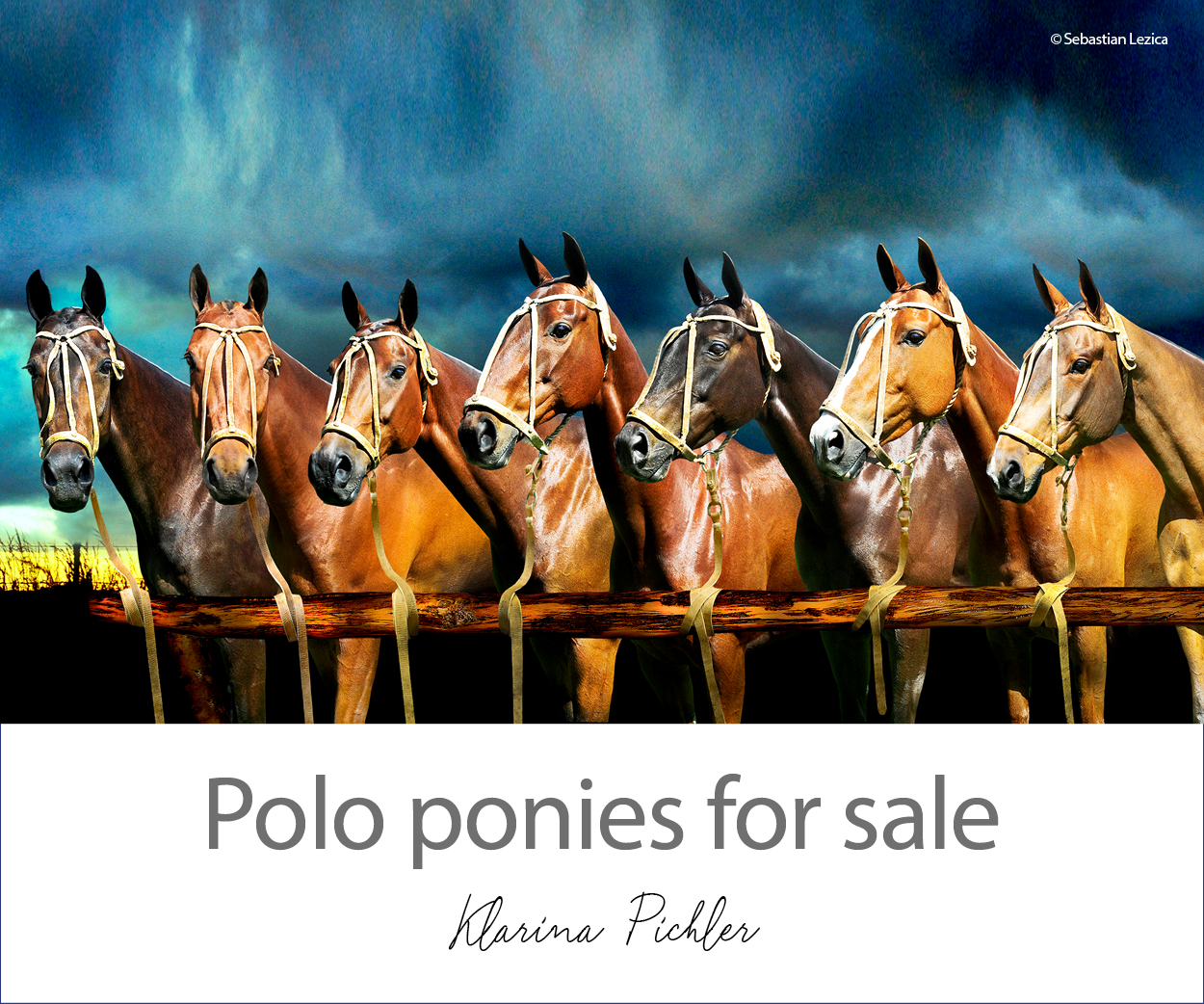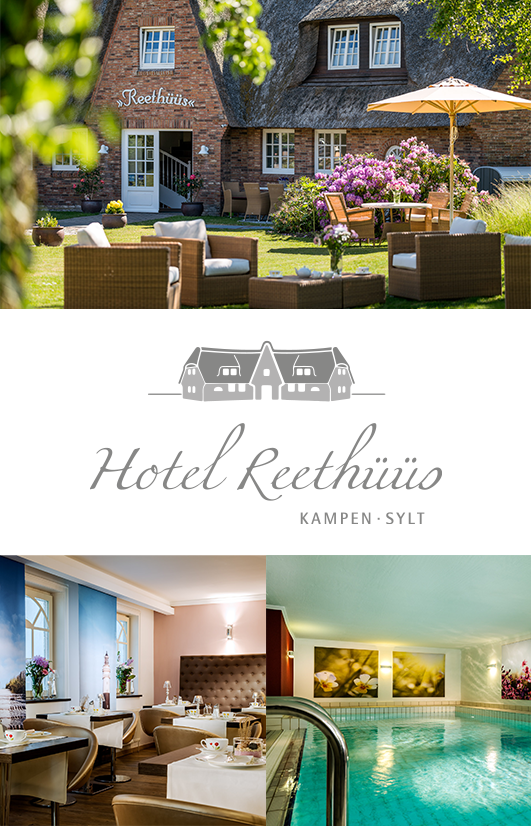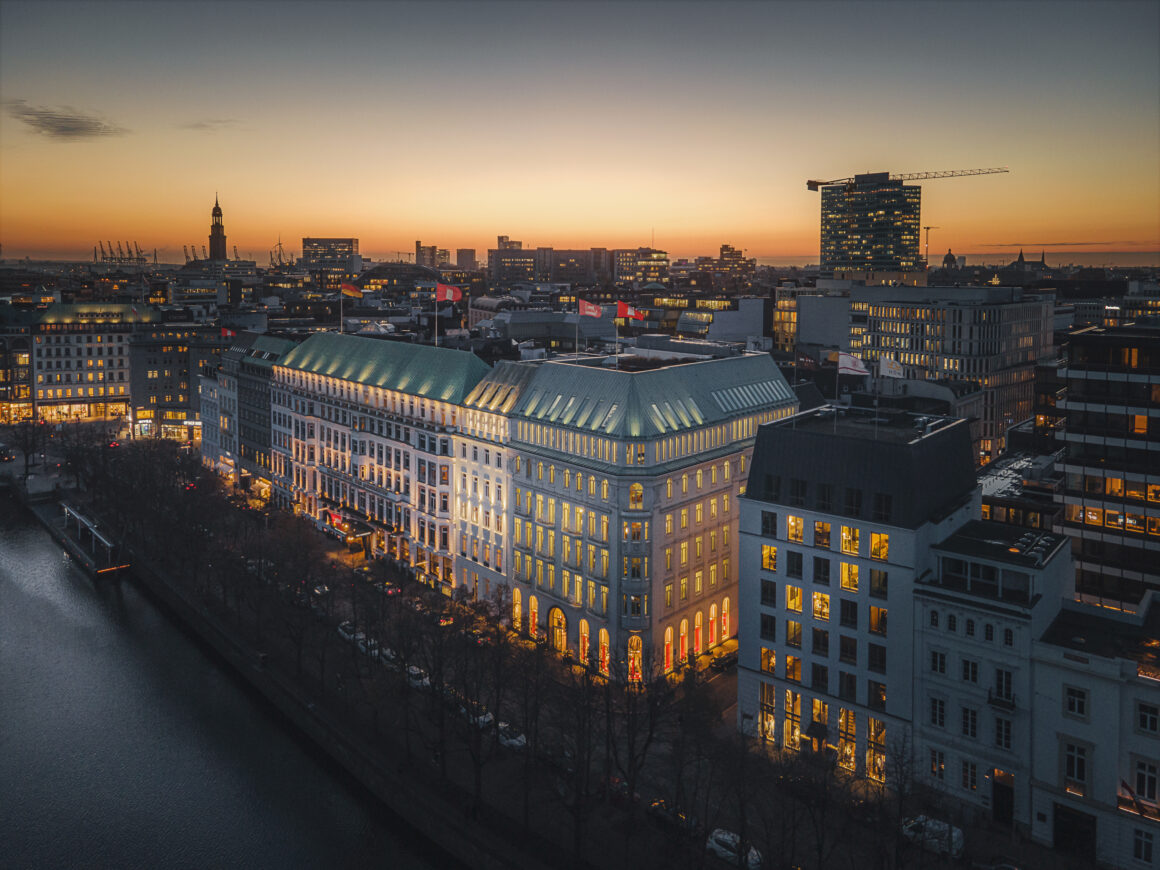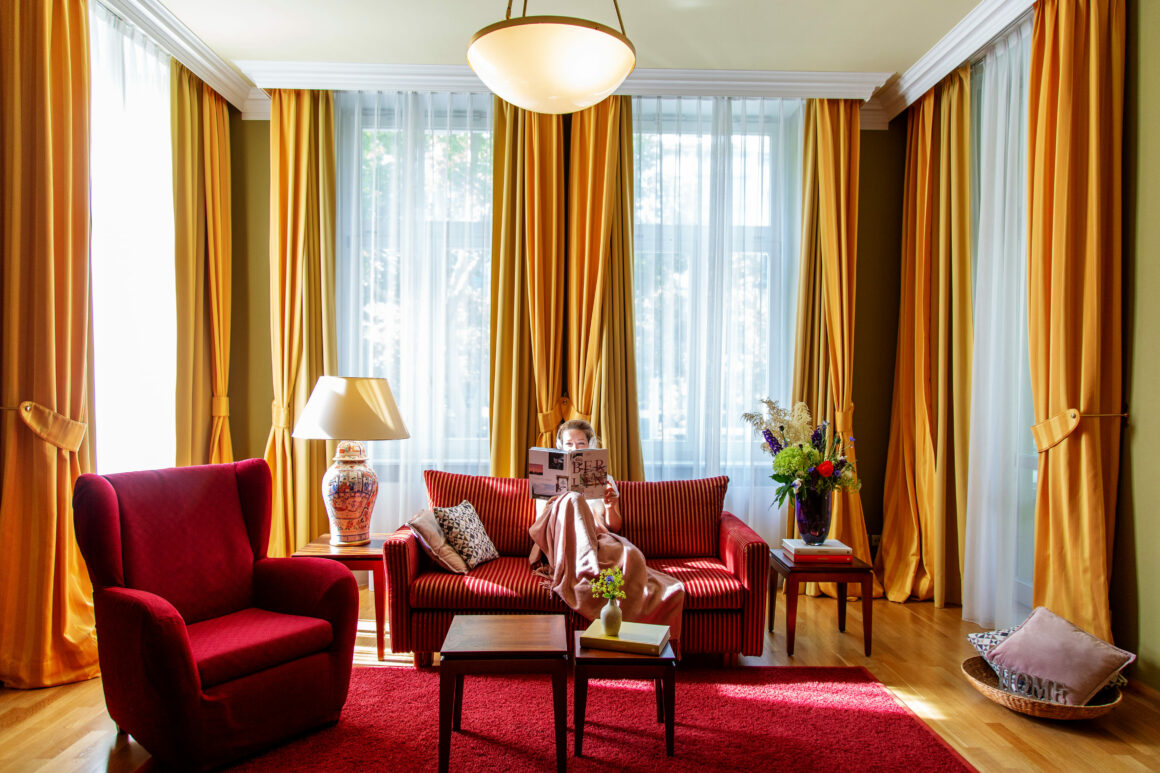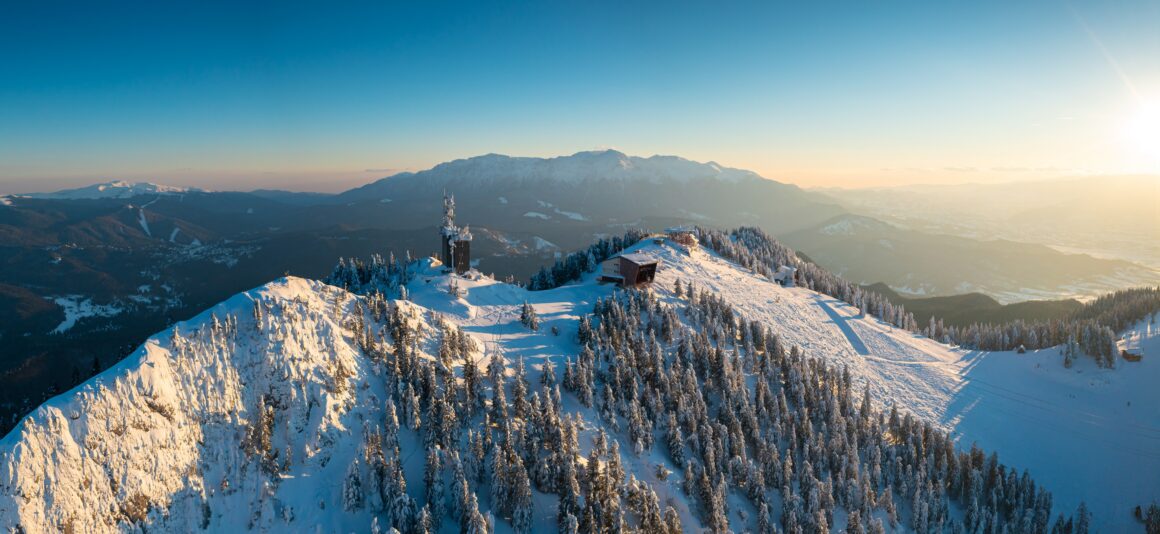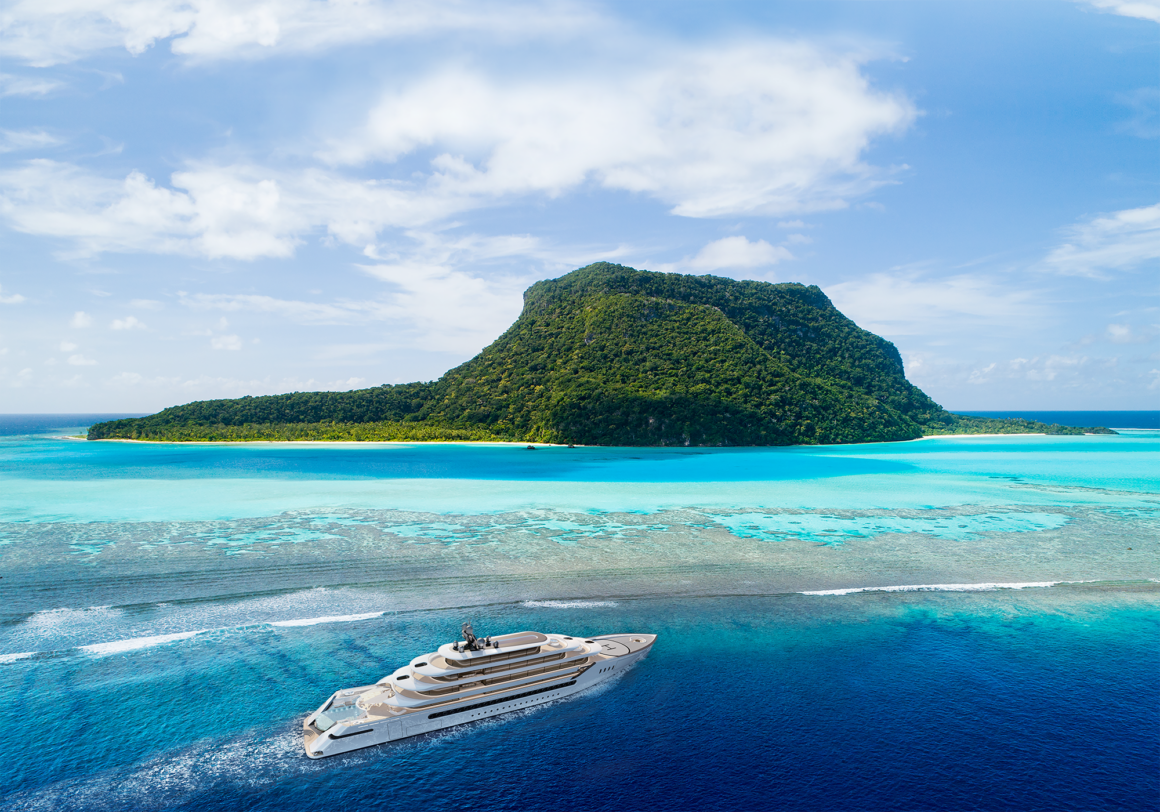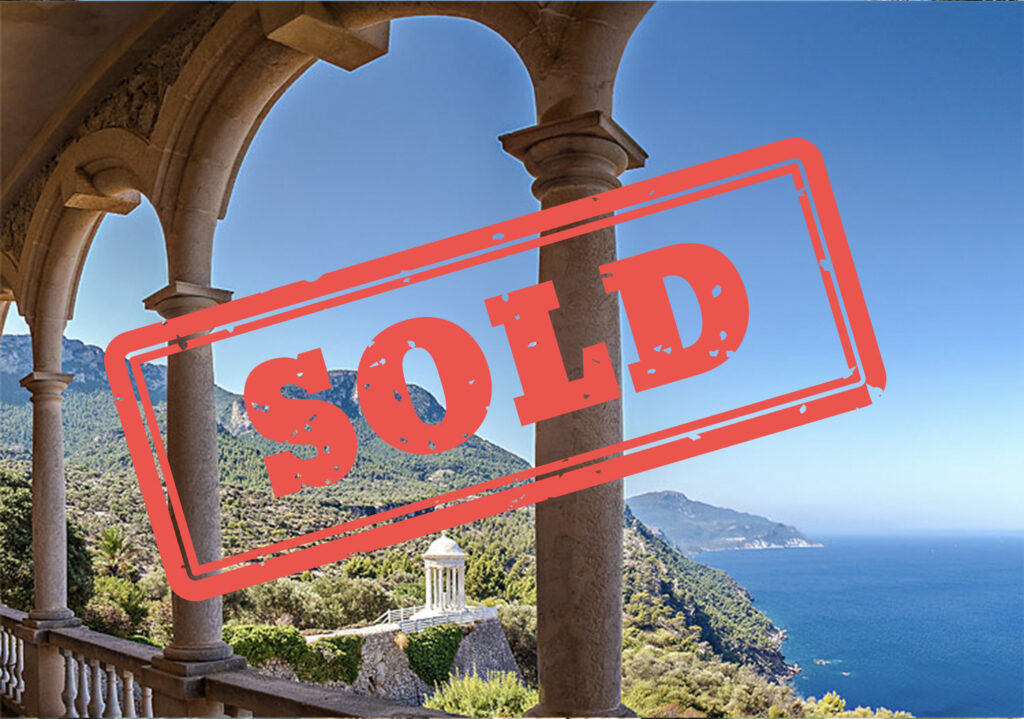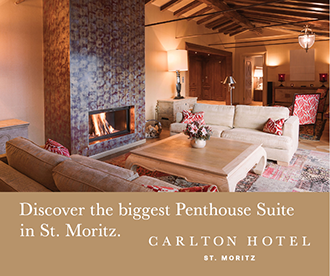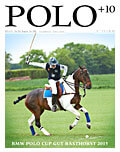An interview with Wolfgang Weiss: Almost four decades of polo passion and the founding history of the Gut Seeburg Polo & Country Club.
An interview with Wolfgang Weiss, the founder of the Polo & Country Club Gut-Seeburg, who has been active in the sport of polo for 36 years and founded a polo facility at Gut-Seeburg near Berlin after the fall of the Berlin Wall. He has collected polo documents with over 100 years of German polo history from around the world, offering a fascinating opportunity to gain deep insights into this unique sport, his personal experiences, and the heritage of polo in Germany. Ten questions from POLO+10, covering a wide range of topics and addressing his experiences, challenges, achievements, and vision:
You have been involved in polo for 36 years. Can you tell us what originally brought you to polo and what was your greatest motivation to become active in this field?
My enthusiasm for polo began in 1987 in Berlin-Frohnau with the sponsorship of polo events. Even though I had no experience with horses or riding, the thrill and aesthetics of polo fascinated me from the very first second. My enthusiasm for the sport quickly led to my first riding lessons, the purchase of horses, and polo lessons in Germany, Argentina, Florida, and California.
After reunification, you founded two polo clubs in Seeburg near Berlin. What challenges did you face when founding the club, and how did you manage to overcome them? How did the former LPG site become today‘s Polo & Country Club with the affiliated Polo Park Berlin, which is now managed by Thomas Strunck?
The founding of the Polo Club Gut Seeburg was aimed at developing a social and sporting background for the game of polo at Gut Seeburg; the Förderverein des Polosports Berlin-Potsdam served as a commercial association for all events and youth work and as a contact point for sponsors.
Over the years, I have freed myself from the clumsiness and restrictions on freedom of action by having a say in the clubs and turned everything into a company, which I will transform into a foundation in the future.
My active sporting days are over, and in Thomas Strunck, I have found a committed tenant with excellent contacts in the polo scene who will continue to run the polo matches in Seeburg.
What personal achievements in polo are particularly important to you, and why?
For me personally, my greatest achievements are not necessarily sporting successes but the enjoyment of the game itself, the memories of a multitude of experiences, the people who accompanied me during this time, and the interesting contacts that I have been able to make in many places around the world as part of the sport from 1990 to the present day.
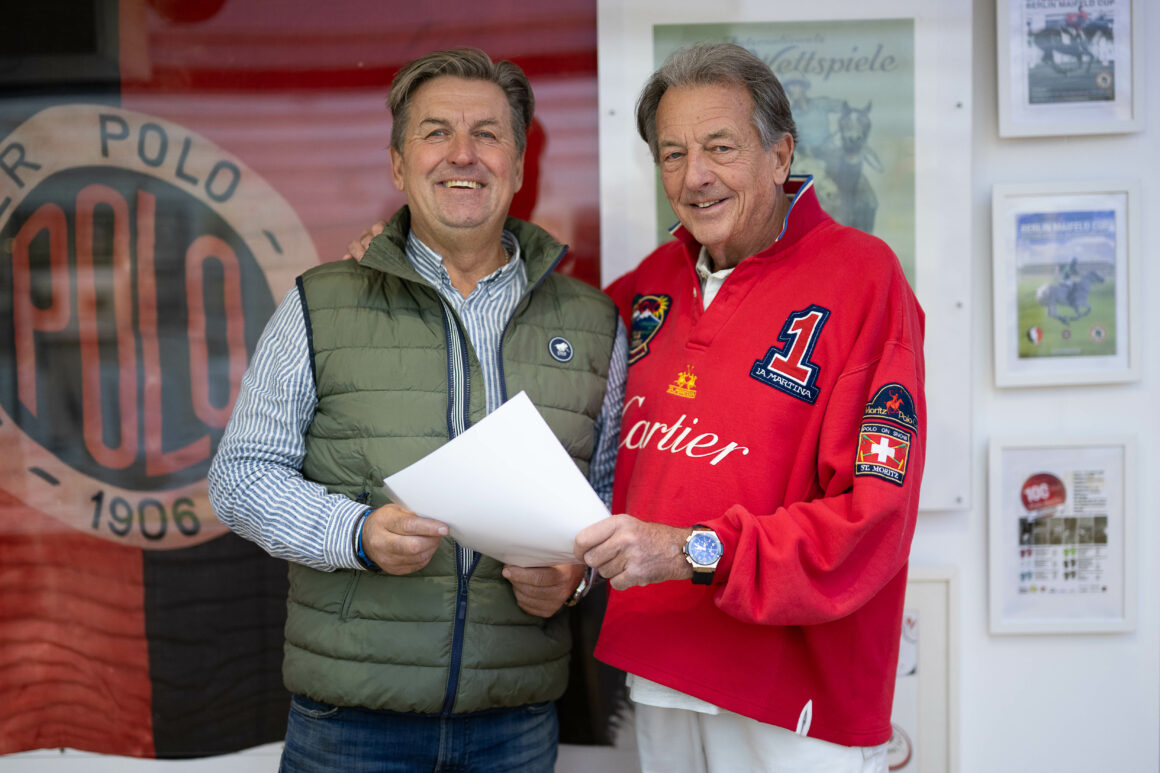
The polo exhibition you have put together covers over 100 years of polo history. What inspired you to create this exhibition, and what do you want to achieve with it?
The collection and preservation of historical documents began with my enthusiasm for the sport of polo and its aesthetics and my passion for preserving historical artefacts and antiques. I kept posters and brochures from decades ago without realising that this collection would become unique as documentation, as there are hardly any regional „event prints“ left today as future contemporary documents, a fact that is suitable for continuing the polo exhibition.
POLO+10 and the Hurlingham Polo Magazine are the only regular print sources of information about regional polo coverage.
Is there a particular exhibit or piece in your polo exhibition that you are particularly fond of? If so, could you tell us its story?
My favourite piece is a poster for a polo tournament in Frohnau from 1927, which I discovered on a trip to Argentina in Buenos Aires at the flea market in San Telmo, and the 1906 club flag of the Berlin Polo Club.
How did the political change in Germany in 1989 influence the sport of polo and especially the activities at Gut Seeburg?
Suddenly, major hurdles such as horse transport by GDR transit were no longer necessary, and rooms and areas were available that opened up new possibilities for spacious horse keeping and created space for polo. Fuelled by the presence of the English as pioneers of polo on the Maifeld and in the barracks in West Germany, our willingness to invest led to the establishment of a large number of polo clubs in a short space of time, e.g., in Hanover with Wolfgang Kailing, in Aspern by the Kirsch family, we at Gut Seeburg, and two further clubs in Phöben and Finkenkrug.
Without reunification, this development would not have taken place, and for 20 years we fought for land with the Treuhand, the BVVG, and the JCC (New York). The property would not have become what it is now without these efforts. Now we see the children of my polo partners from 1990 playing together with their own children and partners.
How has polo changed and how do you see the future of the sport?
Thanks to digital networking, players and clubs are more closely connected worldwide; contacts can be made more quickly, and appointments can be arranged. International networking creates independence for clubs from associations and manipulation within them.
Polo equals money and time, and nothing has changed in the last 120 years; the documents from the polo exhibition prove this.
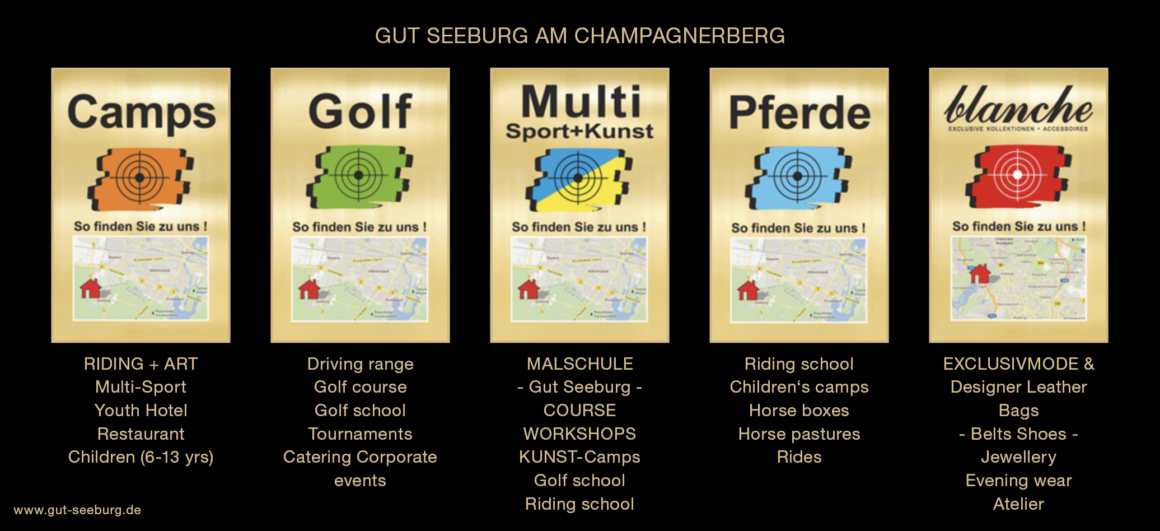
How do you promote young talent and what importance do you attach to youth work?
Youth and junior work is the cornerstone of polo and is my absolute priority. From the very beginning, we developed a polo youth programme in conjunction with sponsorship and partnerships to reduce costs, to give children the opportunity to learn and practise the sport.
We still pursue this goal today by training children and young people in riding as basic work for the sport of polo. A golf school with a short course and driving range, flats, and guest rooms round off the country club concept. The work with children and young people, such as in Berlin at our Gut-Seeburg art school, therapeutic riding, and our pony farm, are important further mosaic stones in the further development of the club.
What are your future plans and visions for both polo activities and the polo exhibition? Are there any special projects or initiatives that you would like to tackle?
We will continue to develop and strengthen the sport of polo in Seeburg with the help of investments and a new 10-year contract with Thomas Strunck, thereby supporting Thomas with his openness to all polo players in Berlin and the polo environment at Ladies and Youth Cups in order to consolidate his previous work at Gut Seeburg.
I will continue to promote and support the sport of polo and guarantee this for the future through a foundation.
I will expand the polo exhibition by continually extending the documentation and continue to make the rooms available for company seminars, meetings, guided tours, and press events.
I would be happy to receive information on suitable objects for purchase.
These questions should not only emphasise the passion and achievements of the initiator and passionate polo player but also offer deeper insights into the culture and development of the sport of polo. Mr Weiss, thank you very much for this interview and all the best for the future development of your impressive polo exhibition.
By POLO+10
Photography Frank Altmann / unitedimages.com


